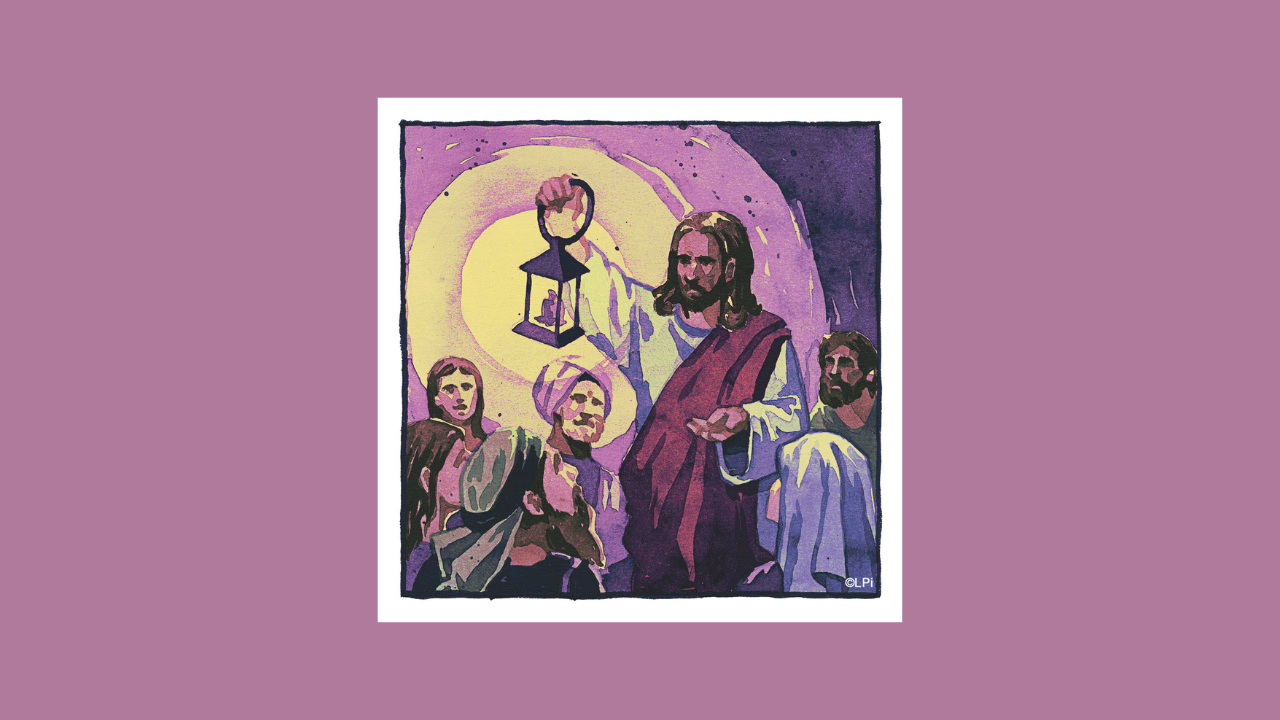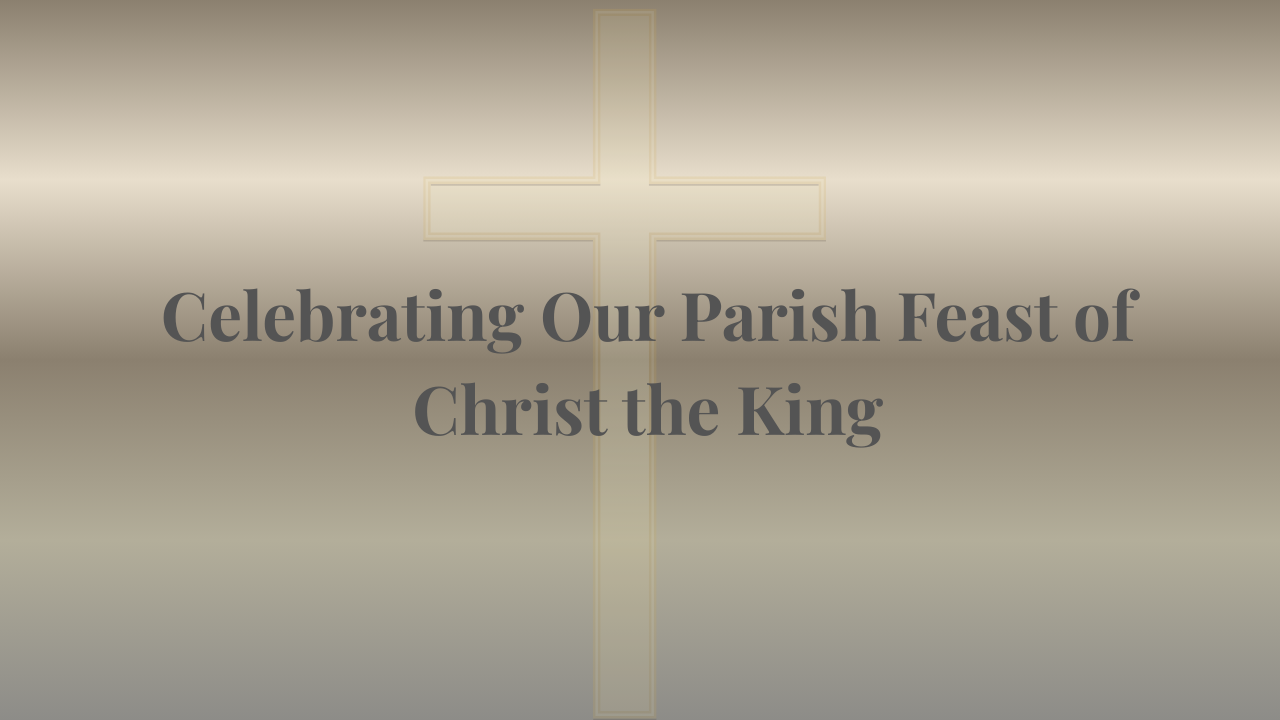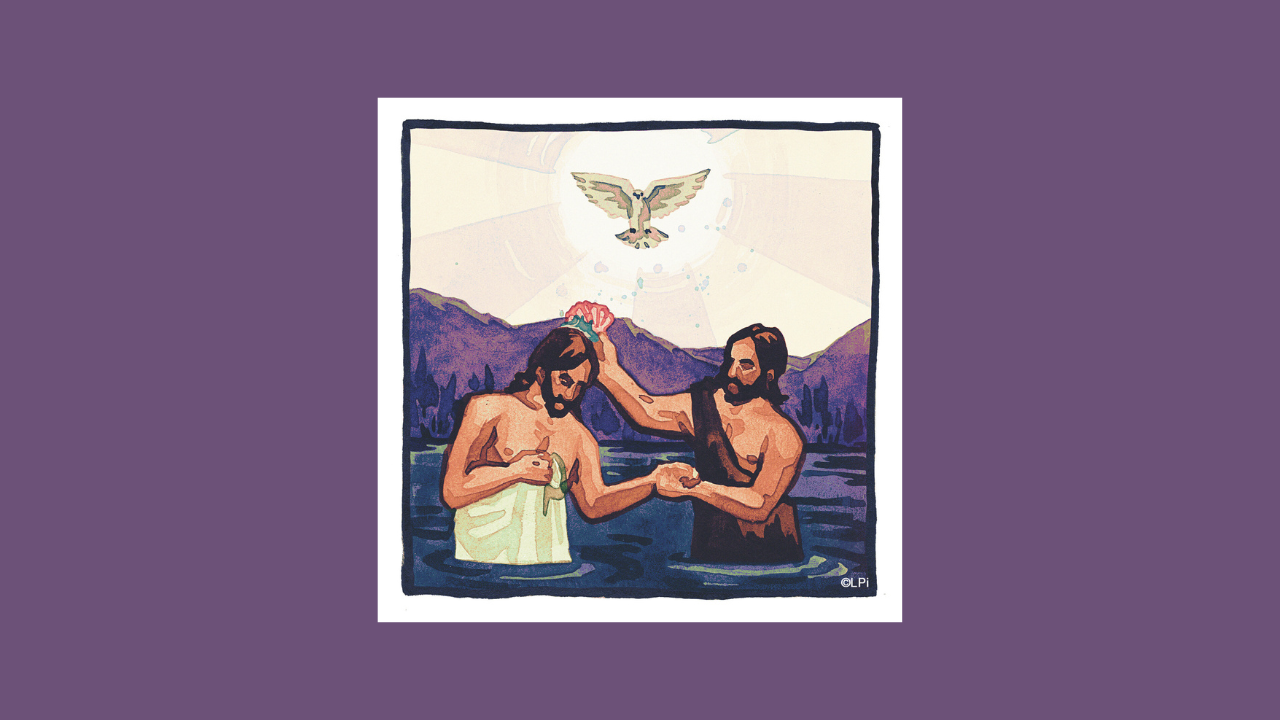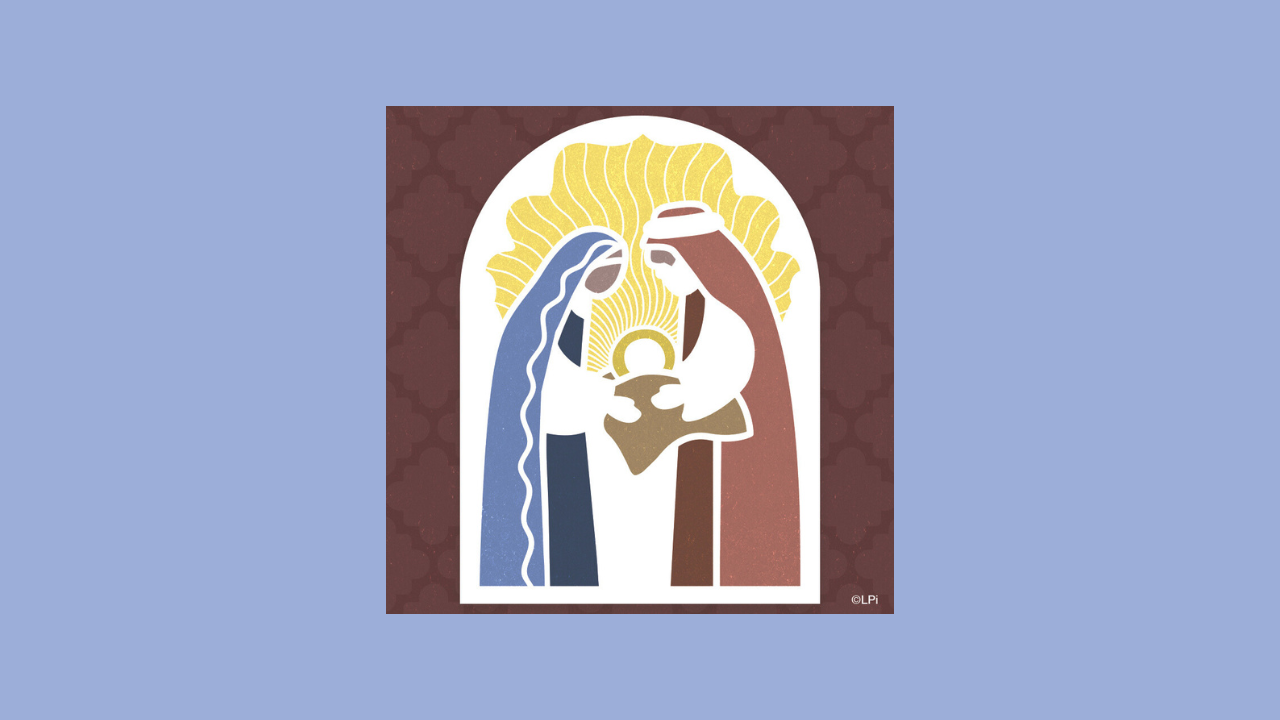"Our Need for the Holy Spirit" by Fr. Chris House
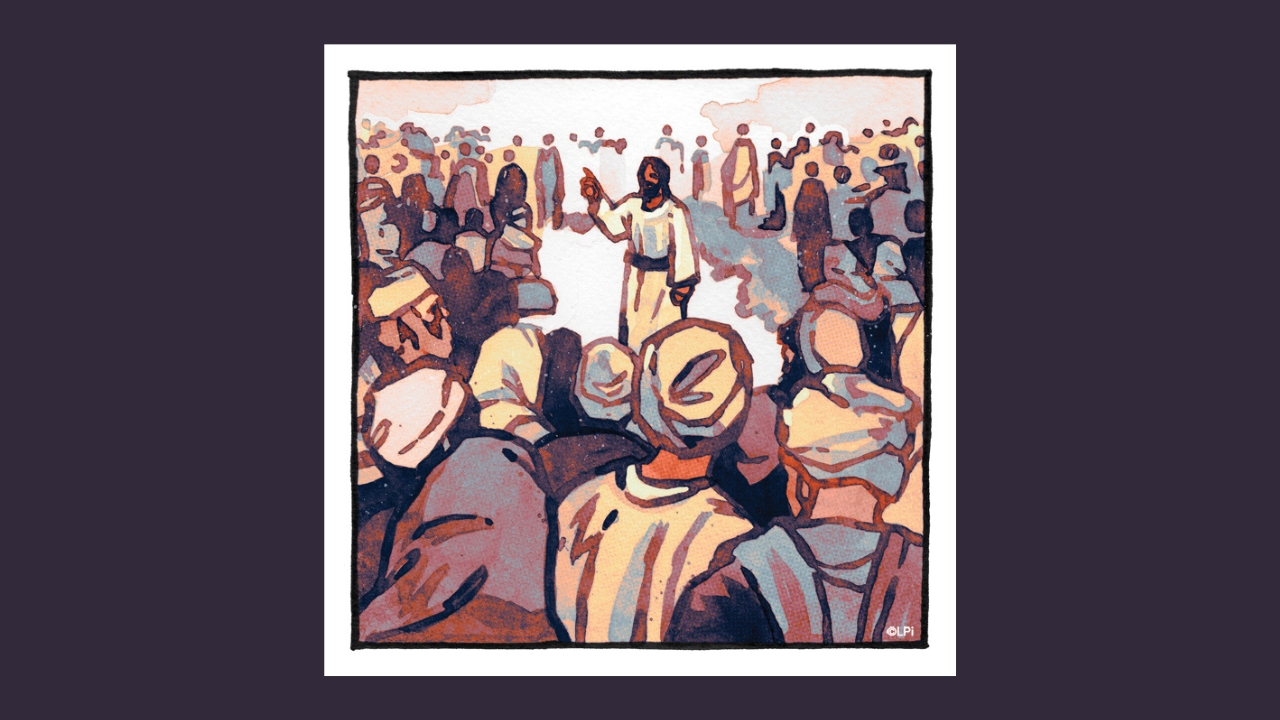
Today's Gospel passage presents us with a scene that is challenging and insightful. It brings to light several crucial aspects of Jesus' ministry and his relationship with his followers, his family, and his opponents, while also highlighting the necessity of the Holy Spirit in our lives. The passage begins with Jesus returning home, only to be surrounded by a crowd so large that he and his disciples cannot even eat. This is a testament to the growing interest and curiosity about Jesus and his teachings. However, not everyone is pleased. His own family, concerned by the reports they have heard, believes that he is out of his mind and sets out to take charge of him. This misunderstanding by Jesus' family highlights a profound truth: even those closest to us may not always understand our mission or the path we are called to walk in faith. It reminds us that following God's will can sometimes lead to conflict or misunderstanding with those we love.
Further complicating the situation, the scribes accuse Jesus of being possessed by Beelzebul, attributing his ability to drive out demons to the power of the prince of demons. Jesus responds with a parable, pointing out the absurdity of their accusation. He argues that a kingdom divided against itself cannot stand. If Satan were casting out Satan, it would signify internal conflict leading to his downfall. Jesus' logic is clear: his works of healing and casting out demons are evidence of the kingdom of God breaking into the world, not the work of Satan. This confrontation with the scribes serves as a reminder of the resistance we may face when living out our faith, particularly from those who feel threatened by the change and truth that Jesus brings.
One of the most challenging aspects of this passage is Jesus' warning about blasphemy against the Holy Spirit. He states that all sins and blasphemies can be forgiven, except for this one sin which is an everlasting sin. This has caused much concern and confusion among believers. Blasphemy against the Holy Spirit, in this context, refers to a deliberate and persistent rejection of the grace and power of the Holy Spirit. It is a conscious and hardened stance against God's work and presence. Jesus warns against this because it represents a heart that is closed off to repentance and the transformative power of God's grace.
Towards the end of the passage, we see Jesus’ mother and brothers arriving and seeking to speak with him. When Jesus is informed of their presence, he responds by redefining the concept of family. He looks at those seated around him and declares, "Here are my mother and my brothers. For whoever does the will of God is my brother and sister and mother." This radical statement emphasizes that true kinship in the kingdom of God is not based on biological ties but on a shared commitment to doing God's will. Jesus invites us to see ourselves as part of a larger spiritual family, united by our faith and obedience to God.
This Sunday’s Gospel challenges us to accept that following Jesus may lead to misunderstandings, even with those closest to us. Our commitment to God's will must remain steadfast. Living out our faith authentically may provoke opposition, but we are called to stand firm in the truth and love of Christ, knowing that his works are manifest in our lives. To do this, we need to welcome the presences of the Holy Spirit in our lives. Through a constant openness to the Spirit, we receive God's transformative grace and allow the Spirit to guide and shape our lives.
Annual Mission Appeal
Next Sunday we will welcome Fr. Joseph from the Congregation Missionaries of Faith for our annual Mission Appeal. The congregation was founded in Italy in 1982 and began working in India in 1989 after the first six priests from India were ordained in Italy. Currently there are around 300 priests of different nationalities in the congregation, of which around 100 priests belong to India.
The Missionaries of Faith in India engage in the work of direct evangelization by taking up new mission areas of the country. The congregation has missions in the northeastern parts of India bordering with China, and with Myanmar and in the south. They have established village schools for children, orphanages, medical dispensaries, chapels and above all formation houses for the seminarians to be future missionaries. The congregation depends on the providence of God through the generosity of the people for its work of evangelization, formation of seminarians and charitable work.
Blessings to you and yours for the week ahead!
Father Chris House






